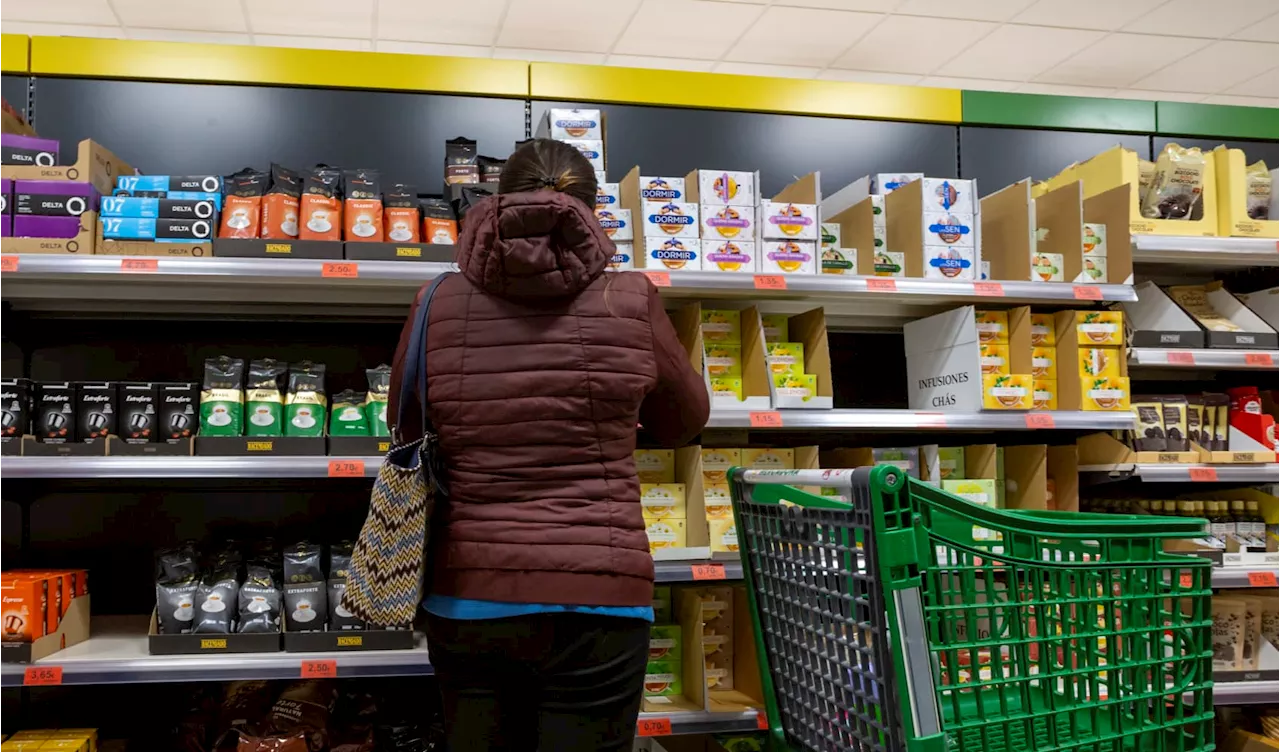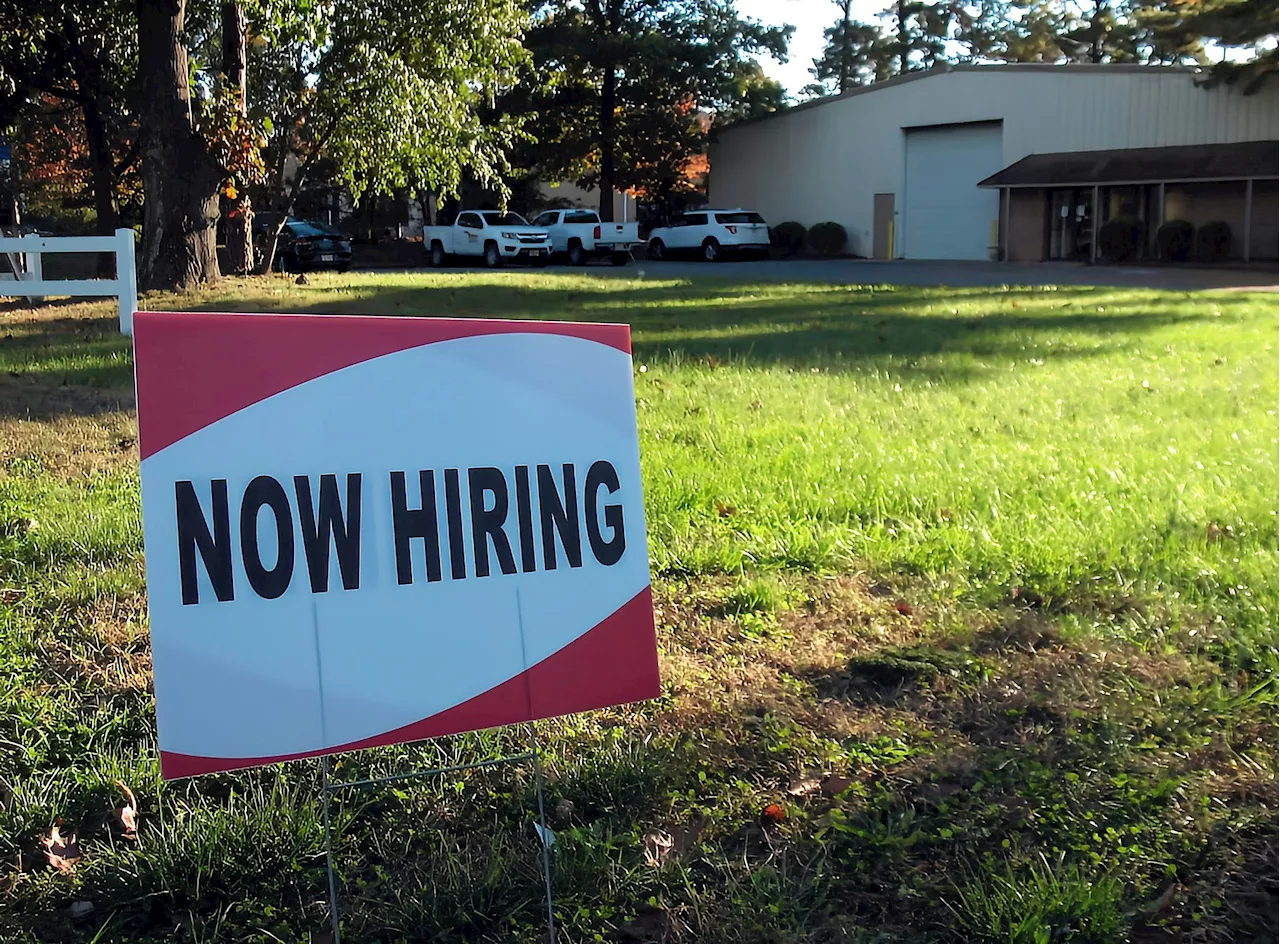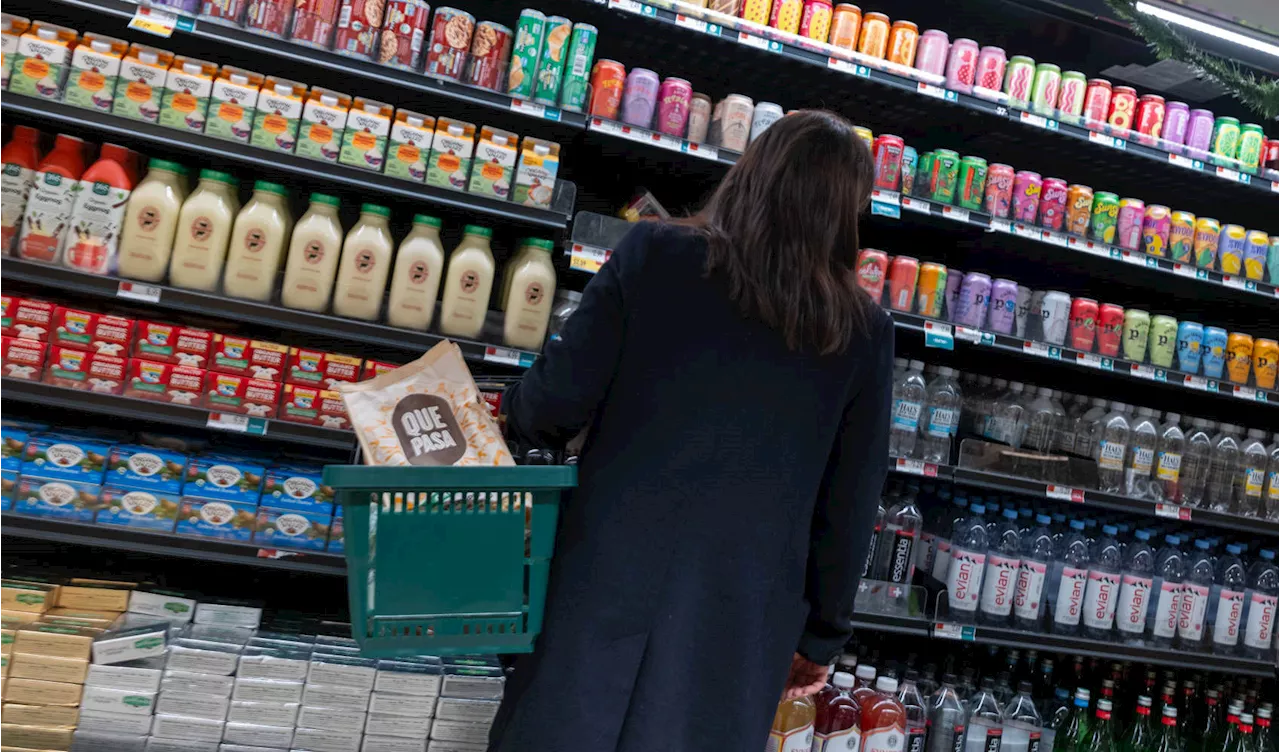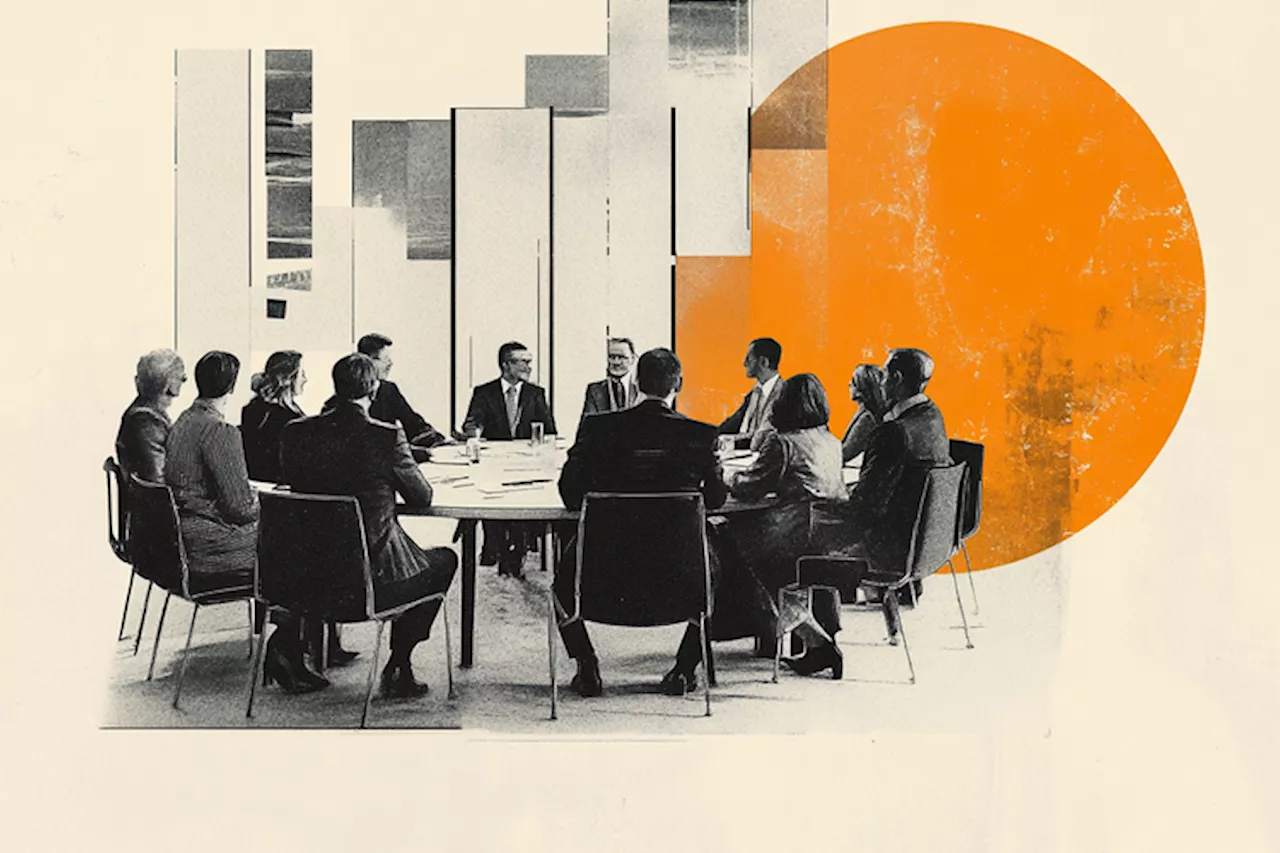US consumer prices increased by 3% in January compared to the previous year, exceeding economists' predictions and raising concerns about persistent inflation. The rise, attributed to factors like surging egg prices due to avian flu and increased beef and bacon costs, contrasts with falling prices for bread, rice, and tomatoes. Core inflation, excluding volatile food and energy prices, also ticked up. The Federal Reserve's decision to hold interest rates steady in the face of this inflation indicates ongoing concern about price stability. The Trump administration's tariffs, coupled with political blame-shifting, further complicate the economic outlook.
A shopper reaches for a carton of eggs from a grocery chain store asking customers to limit their purchases on February 10, 2025 in South Pasadena, California.Consumer prices rose 3% in January compared to a year ago, ticking up from the previous month and posing an obstacle forthat many economists expect to raise some prices, government data on Wednesday showed. The inflation reading came in higher than economists had predicted.
Egg prices, a closely watched symbol of rising costs, soared 53% in January compared to a year ago. An avian flu has decimated the egg supply, lifting prices higher. A shopper reaches for a carton of eggs from a grocery chain store asking customers to limit their purchases on February 10, 2025 in South Pasadena, California.Core inflation -- a measure that strips out volatile food and energy prices -- increased 3.3% over the year ending in December, ticking lower than the previous month, the data showed. That gauge also sped up from the previous month.
INFLATION CONSUMER PRICES FEDERAL RESERVE EGG PRICES TARIFFS
United States Latest News, United States Headlines
Similar News:You can also read news stories similar to this one that we have collected from other news sources.
 Euro zone inflation rises to hotter-than-expected 2.5% in JanuaryEconomists polled by Reuters had expected the January inflation print to come in at 2.4%, unchanged from December.
Euro zone inflation rises to hotter-than-expected 2.5% in JanuaryEconomists polled by Reuters had expected the January inflation print to come in at 2.4%, unchanged from December.
Read more »
 Eurozone Inflation Rises Unexpectedly to 2.5% in JanuaryEurozone inflation unexpectedly increased to 2.5% in January, driven by a surge in energy prices. Core inflation, excluding volatile food, energy, alcohol, and tobacco prices, remained at 2.7%. While services inflation edged lower to 3.9%, energy prices and core inflation exceeded expectations. Economists suggest that inflation is likely to remain near the ECB's 2% target throughout the year.
Eurozone Inflation Rises Unexpectedly to 2.5% in JanuaryEurozone inflation unexpectedly increased to 2.5% in January, driven by a surge in energy prices. Core inflation, excluding volatile food, energy, alcohol, and tobacco prices, remained at 2.7%. While services inflation edged lower to 3.9%, energy prices and core inflation exceeded expectations. Economists suggest that inflation is likely to remain near the ECB's 2% target throughout the year.
Read more »
U.S. Inflation Rises Faster Than Expected in JanuaryU.S. consumer prices increased at a faster pace than anticipated in January, raising concerns that progress in curbing inflation may be slowing. This development coincides with Federal Reserve Chair Jerome Powell's testimony before Congress, where he is expected to address the ongoing challenges posed by inflation.
Read more »
 Bitcoin Price (BTC) Rises After January U.S. Nonfarm Payrolls ReportThe unemployment rate fell to 4%, rather than holding steady at 4.1%.
Bitcoin Price (BTC) Rises After January U.S. Nonfarm Payrolls ReportThe unemployment rate fell to 4%, rather than holding steady at 4.1%.
Read more »
 US Inflation Jumps 3% in January, Raising Worries About Entrenched Price IncreasesThe Consumer Price Index (CPI) rose 3% for the 12 months ended in January, marking the fourth consecutive month of increases. Economists express concern about inflation becoming entrenched above the Federal Reserve's 2% target, driven by factors like rising grocery and energy prices, a strong labor market, and potential inflationary impacts from President Trump's policies.
US Inflation Jumps 3% in January, Raising Worries About Entrenched Price IncreasesThe Consumer Price Index (CPI) rose 3% for the 12 months ended in January, marking the fourth consecutive month of increases. Economists express concern about inflation becoming entrenched above the Federal Reserve's 2% target, driven by factors like rising grocery and energy prices, a strong labor market, and potential inflationary impacts from President Trump's policies.
Read more »
 US S&P Global Manufacturing PMI rises to 50.1 in January, Services PMI retreats to 52.8The economic activity in the US' private sector continued to expand in January, albeit at a softer pace, with the S&P Global Composite PMI declining to 52.4 from 55.4 in December.
US S&P Global Manufacturing PMI rises to 50.1 in January, Services PMI retreats to 52.8The economic activity in the US' private sector continued to expand in January, albeit at a softer pace, with the S&P Global Composite PMI declining to 52.4 from 55.4 in December.
Read more »
